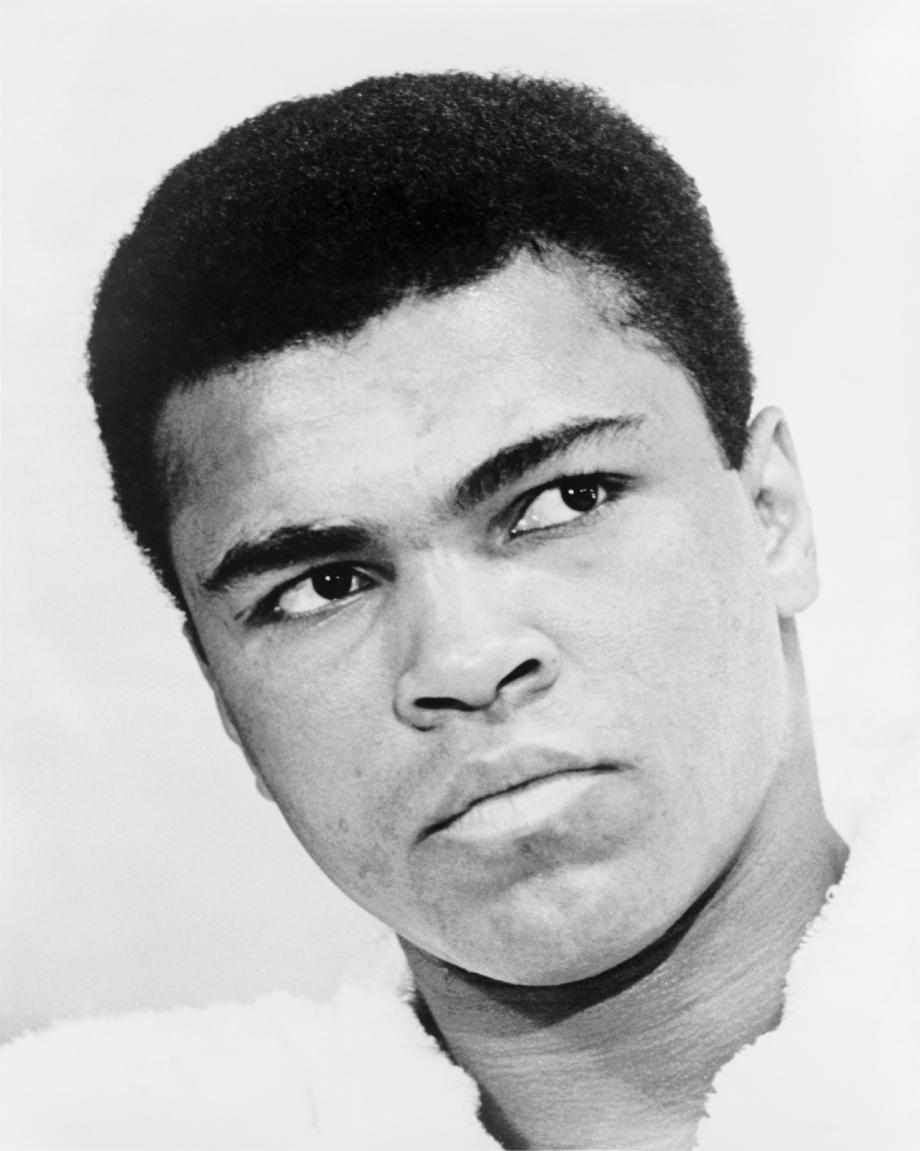Should Athletes Speak on Political and Social Issues?

Considering the harm that doping does to sport, the International Olympic Committee’s (IOC) recent decision to ban Russia from the 2018 Winter Olympics but allow clean Russian athletes to compete as an Olympic Athlete from Russia (OAR) can be perceived as objective and impartial. Indeed, despite Moscow’s expected discontent with the ban, two icons of Russian ice-hockey - Alexander Ovechkin and Ilya Kovalchuk - clearly expressed their opinion that clean athletes must go and compete. Their influence over fellow athletes wavering over the decision to compete under the OAR banner should not be underestimated.
While top sportsmen commenting on specific social and political issues is nothing new, it nevertheless remains a highly controversial subject. On the one hand, the views of famous athletes can help to raise public interest in many important topics. But there also times when their activities are criticised as having an unhealthy influence over their followers, most notably the young and disaffected.
Origins
The 1960s and 70s are widely regarded as the beginning of sport’s active engagement with social and political issues. In 1967, boxing legend Muhammad Ali used his superstar status to openly speak out against poverty, racism and the Vietnam war. The Black Power salute by African American sprinters Tommie Smith and John Carlos has become an iconic moment in sporting history. During their medal ceremony at the 1968 Summer Olympics in Mexico, both athletes raised a black-gloved fist as a sign of protest against racism and poverty in the United States. Their gesture split public opinion over whether it was a sign of courage or disrespect.
Smith and Carlos were not the only athletes to court controversy during a medal ceremony at the 1968 Summer Olympics. Czechoslovak artistic gymnast Věra Čáslavská, the holder of seven Olympic gold medals, turned her head down while the Soviet national anthem was played. Her gesture was a silent protest against the Soviet occupation of Czechoslovakia.
In Retreat
Fast forward to the end of the 20th century and the situation could not have been more different. An athlete’s primary interest was to perform to their best and show loyalty to financial donors rather than get involved in politics. One of the most famous athletes avoiding any kind of controversy during this era was basketball player Michael Jordan.
Many leading sportsmen and sportswomen have also shied away from expressing political views in the opening decades of the 21st century. That’s because many athletes have obligations towards their commercial sponsors and brands. Binding athletes not to speak on political issues increases the buying potential of the general public by not excluding those with notable differences of opinion.
The material rewards for staying tightlipped on hot-button issues are plain to see. From Brazilian footballer Neymar to Swiss Tennis star Roger Federer, and beyond, sport is awash with athletes whose incomes are higher thanks to marketing and sponsorship rather than sporting prowess. Indeed, the earning potential of many top sport stars has grown in line with increased television coverage, clever scheduling and social media.
Times They Are A Changing?
Which makes protests that have sporadically occurred during National Football League (NFL) matches since August 2016 intriguing. During a preseason game, American football player Colin Kaepernick sat on the bench while the US national anthem was played. This gesture was later transformed into going down on one knee and explained as an attempt to highlight racial injustice and police brutality against African Americans. Since then, more than a hundred players – the vast majority of them African Americans - have joined the protest. US President Donald Trump and some NFL fans have branded the gesture as disrespectful and unpatriotic.
The protests have continued elsewhere. Last September Stephen Curry, a US basketball player and 2017 NBA champion, caused controversy when he declined to visit the White House. The Golden State Warriors player perceived this as an opportunity to voice his disapproval of US President Trump’s opinions. Both sets of protests, in turn, reflect that the United States remains divided over the human rights of African-Americans. One side remains determined to right historical wrongs and fight the US’ systemic problems with racism and police brutality. This issue is very sensitive and every time there have been efforts to solve it, obstacles appeared.
Elsewhere, FC Barcelona defender Gerard Piqué highlighted his support for Catalan independence during last year’s controversial referendum. It was a declaration that made the Spanish international unpopular among some of the national team’s supporters. Piqué’s response was an offer to retire from international football if his support for Catalan secession is to be an issue.
Athletes are starting to publicly engage with politics again. Going into 2018, it will be fascinating to see how many more will put their name behind specific social and political causes. Each major sporting protest will most likely be met with the age-old argument that politics and sports should always be kept separate. However, sport is so intertwined with many societies’ cultures that it is often difficult to keep politics off the playing field. Both sides of the argument need to up their game if they want to break the deadlock.